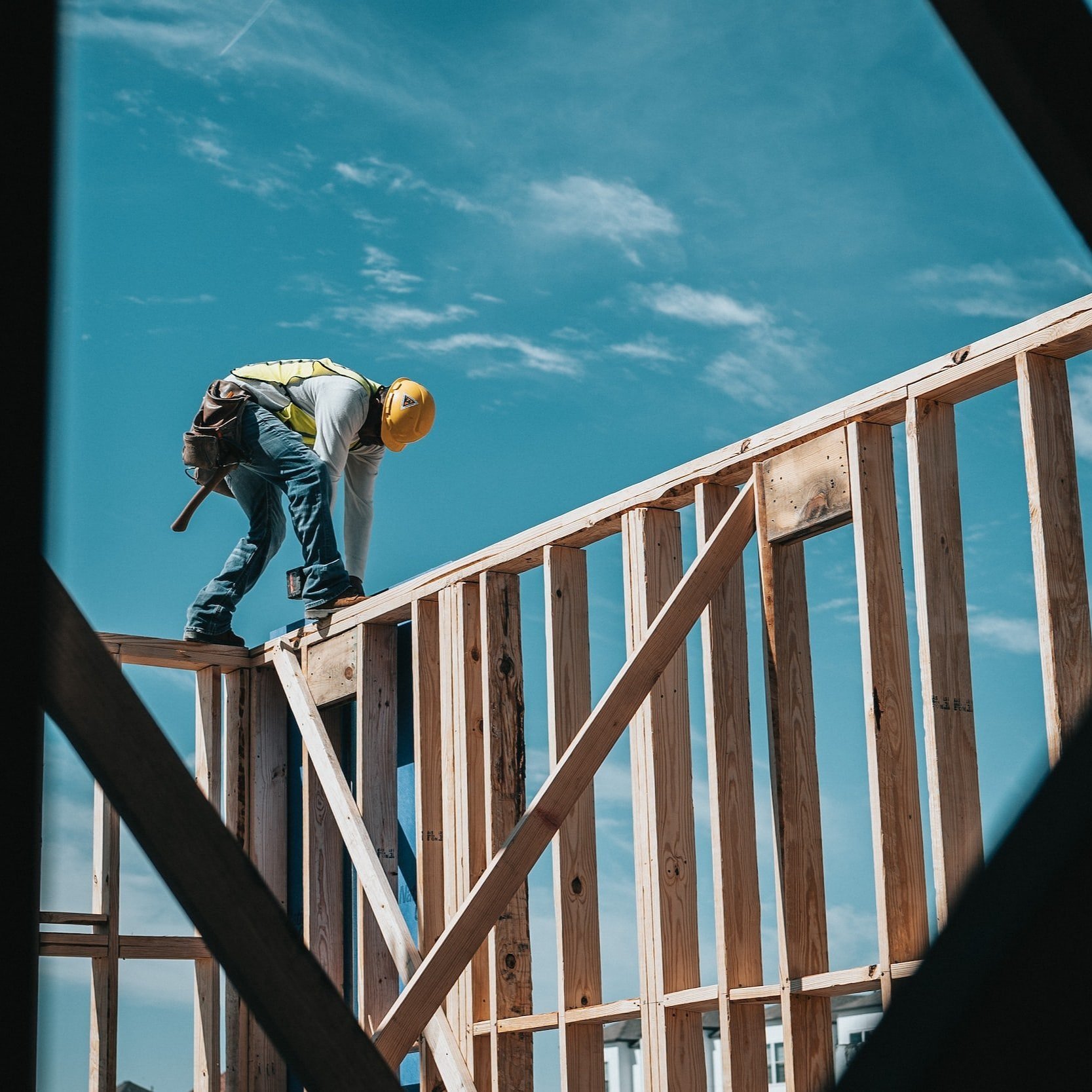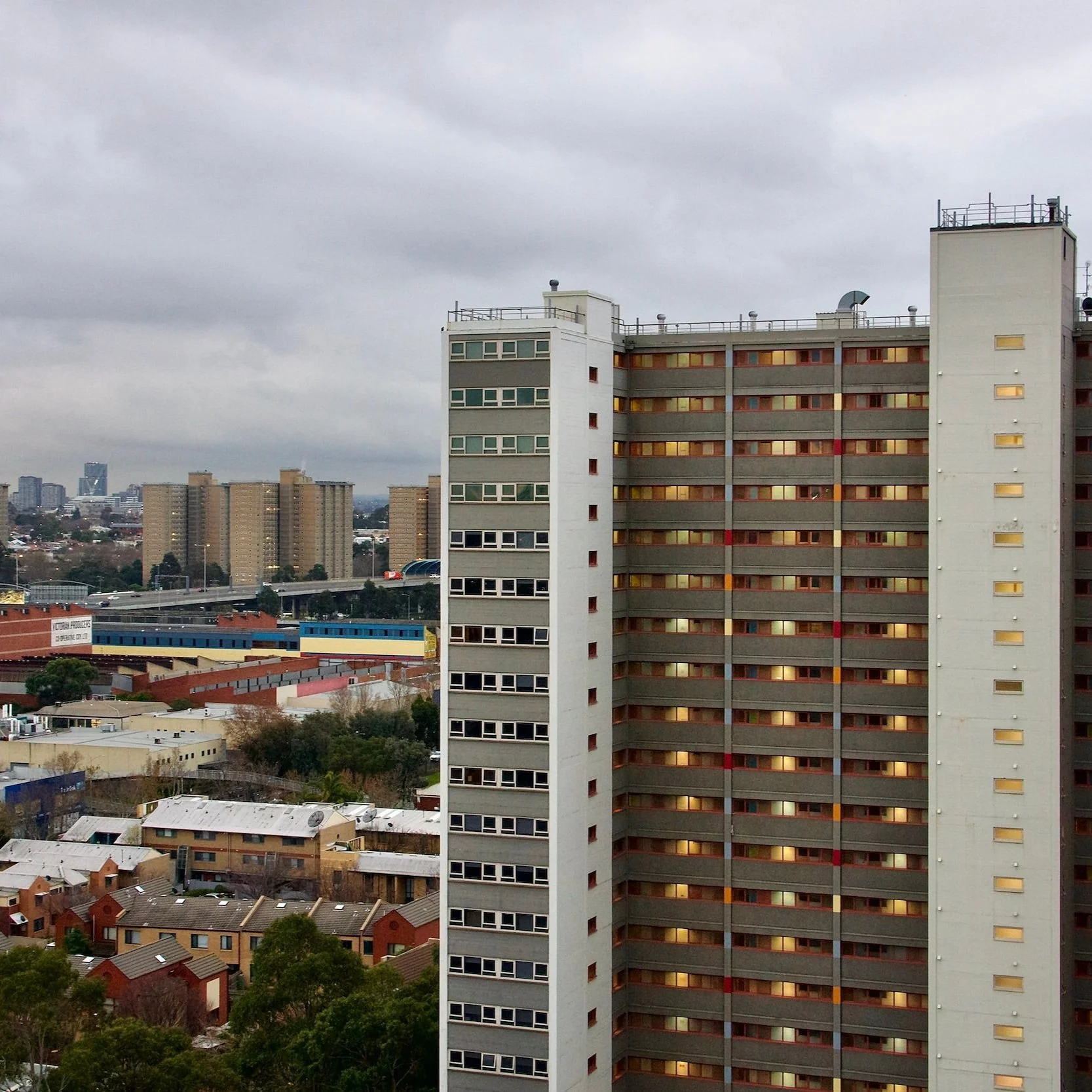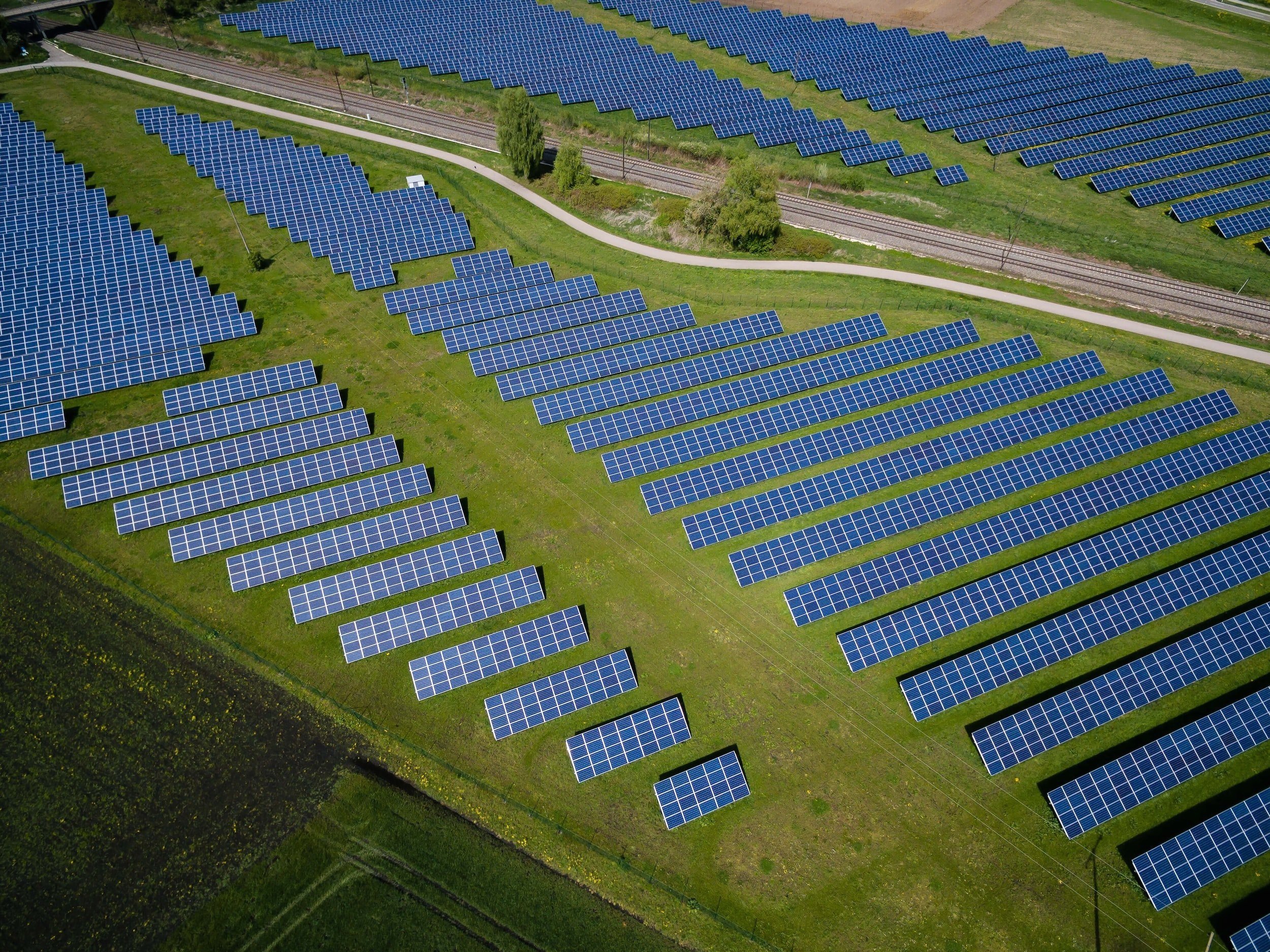
Submissions and Reports
Climate Change and Planning in Victoria
-
DOWNLOAD:
Submission SummaryClimate change is significantly increasing risk, such as fires, floods, coastal erosion and heat waves to local communities across Australia. Preparing communities for current and future changes to the climate is a critical task and requires protection of life, property and wellbeing. Proactively preparing communities to act prior, during and after disasters builds community resilience to future impacts and minimises risks and consequences.
The Resilient Communities Project will help prepare communities in the SECCCA region for current and future changes to the climate, by improving community preparedness through practical actions, tools, and resources. Project participants will be empowered with information and access to new or improved services enabling them to make individual decisions to prepare for climate change.
DELWP Market Facilitation Platform Consultation Paper
SECCCA Response
-
DOWNLOAD:
Submission SummarySouth East Councils Climate Change Alliance (SECCCA) requires the development of an electric vehicle (EV) charging roadmap, policy guidance and a snapshot of future trends, to help lower transport emissions.
Community sentiment on EVs is evolving rapidly, and some member councils have begun to receive requests from residents for public EV charging.
EV charging equipment suppliers have approached councils seeking to install chargers and public land and clearer policy guidance is required to consistently manage these requests. The role of local government in facilitating this must be clarified.
A stronger understanding is required on where future charging infrastructure should be placed, using a data-led approach.
A clear, robust plan for publicly available charging infrastructure will provide a strong foundation for SECCCA members to apply for funding to have chargers installed in their LGAs.
In response this project aims to deliver:
EV Charging Roadmap, The Roadmap will need to: a. Identify optimal locations for publicly available charging b. Cover the key issues that must be considered for the development of an implementation plan, delivered in 2030, for each LGA, to create a regional network.
Discussion paper and policy template. This will cover: a. Relevant planning and statutory requirements b. Ownership models c. Permits and approvals considerations for leasing public and private land (including on-street parking bays).
Future scan of emerging market trends and the implications of these trends for SECCCA members and the Roadmap.
The municipalities of City of Casey, Cardinia Shire Council, City of Kingston, Frankston City Council and Mornington Peninsula Shire Council are the key focus areas.
Victoria’s Gas Substitution Roadmap Consultation Paper
-
DOWNLOADS:
Submission SummaryCouncils have various levels of understanding about how climate change will impact assets and service delivery.
The Asset Vulnerability Assessment Project developed tools and approaches to support SECCCA councils understand how council buildings, drainage and local road assets will be impacted by various climate scenarios. This includes attributing a vulnerability rating to assets and identifying adaptation options that may increase asset resilience.
The project examined how climate change impacted expenditure on council assets through calculating the financial and economic cost of various adaptation options on several site-specific case studies. This information will assist with appropriate budget forecasting to ensure ongoing delivery of services to the community.
Building on this project SECCCA secured additional funding under the Victorian Government’s Supporting our Regions to Adapt program. This funding was used to build capacity by delivering a Climate Vulnerability Guide to assist other councils undertake the same approaches themselves.
Victorian Greenhouse Alliances Submission to the Technology Investment Roadmap
-
DOWNLOADS:
Submission Summary
In response to the Federal Government’s Technology Investment Discussion Paper, the Victorian Greenhouse Alliances call for a strategy that advances climate change action with substantially more urgency and magnitude.
Covid-19 Recovery and Climate Change
-
DOWNLOADS:
Submission SummaryLocal governments are on the frontline of two monumental challenges; the Corona Virus pandemic and Climate Change. Tackling both challenges at the same time is as important as ever. Luckily, implementing local climate solutions can significantly boost pandemic recovery efforts.
Incorporating Energy Efficiency into Private and Public Sector Housing Development
-
DOWNLOADS:
Submission SummaryWorking with the building industry to achieve net zero carbon homes, we have observed that the overwhelming response from builders is that improvements to energy efficiency are affordable, available and achievable, and only limited changes to their building systems are necessary.
Local Government Response to the Victorian Electricity Distribution Price Review (EDPR) 2021-2026
-
DOWNLOADS:
Submission Summary
Victorian Greenhouse Alliances led the development of two sector-wide submissions to the Australian Energy Regulator (AER) in response to the 2021-2026 Victorian Electricity Distribution Price Review (EDPR). The AER have ruled in favour of the Alliance-led submission, which will assist councils across Victoria to avoid over $10.7M in OMR charges over the next five years, plus a further $19.8M out to 2046. Both submissions to the the regulatory process can be accessed below:
National Construction Code Review and New Home Energy Advisory Service Evaluation
-
DOWNLOADS:
Submission SummaryThe majority of volume builders take a compliance only approach to building homes to meet the minimum NatHERS 6 Star requirement. Home purchasers, on the other hand, lack the knowledge and opportunity to make educated decisions on what is in their best interests from an affordability, comfort and health perspective.
Climate Change and Local Government Submission
-
DOWNLOADS:
Submission SummaryClimate change presents a multitude of challenges including significant financial, infrastructure and repetitional risks to local government, and socio-economic wellbeing of their communities. Climate change is much more than an environmental issue, it poses risks for every part of council business.
Updating the Authority’s Advice on Meeting the Paris Agreement
-
DOWNLOADS:
Submission SummaryIn response to the key role of local government in addressing climate change, most Victorian councils now have greenhouse emissions reduction targets and objectives for their own operations (corporate emissions). This includes 25 councils with a ‘carbon neutral’ target.
Inquiry into Tackling Climate Change in Victorian Communities
-
DOWNLOADS:
Submission SummaryLocal government plays a key role leading the transition to zero carbon and supporting communities to be more resilient to the impacts of a changing climate. The transition brings challenges and also exciting opportunities for local governments and its communities.
Victoria’s Interim Emissions Reduction Targets Submission
-
DOWNLOADS:
Submission SummaryEmissions reduction targets are crucial to Victoria meeting its climate and clean energy commitments with an aim to limit global temperature increase to not more than 1.5°C and prevent the worst impacts of climate change.
Submission to the Australian Government’s Review of Climate Change Policies
-
DOWNLOADS:
Submission Summary:A long term emission reduction goal for Australia beyond 2030, backed by policies and programs that deliver the emissions reduction, is essential. It will signal to the international community that Australia is committed to contributing to global efforts to reduce greenhouse gas emissions.
Electricity Distribution Code Review Submission
-
DOWNLOADS:
Submission SummaryDynamic support control should be implemented. This is a device on inverters/smart meters that enables power distributers if required to manage feed-in power loads from behind the meter solar systems or batteries. This will ensure that solar and home battery storage systems can be used by the network.














